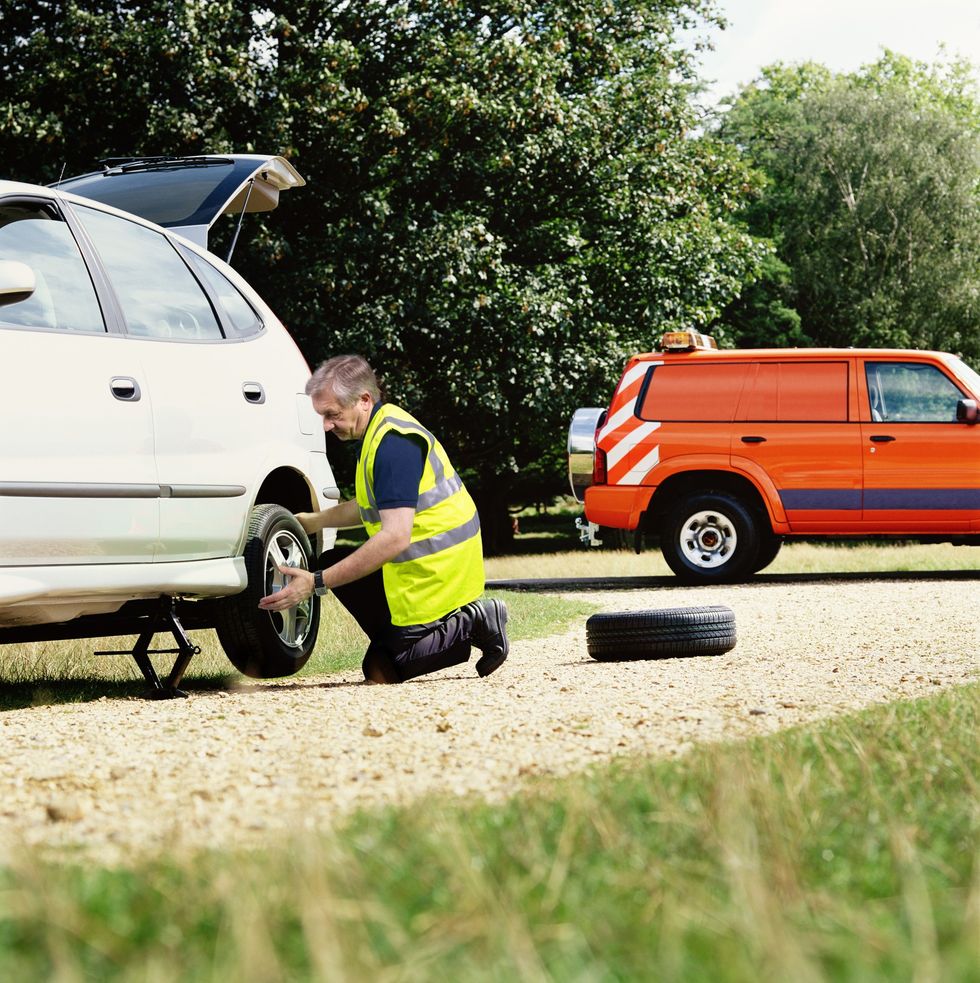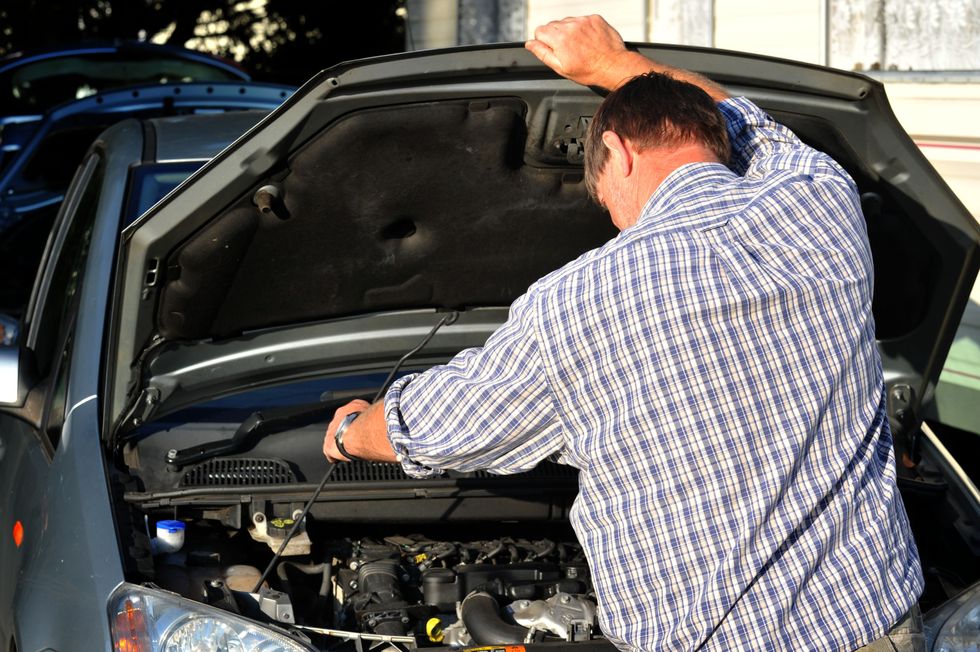Electric cars are 59 per cent less likely to break down compared to petrol and diesel vehicles
Don't Miss
Most Read
Trending on GB News
Electric vehicles are less likely to require a breakdown call-out than petrol and diesel-fuelled vehicles, with some experts saying that the data could come as a "shock" to some motorists.
According to new research, EVs are 59 per cent less likely to require attention for breakdowns than internal combustion engine vehicles.
Electric cars suffer fewer flat battery call-outs than petrol or diesel vehicles which may run out of fuel. For EVs, this accounts for 23.7 per cent of call-outs compared to 29.7 per cent for petrol and diesel.
Regular use of EVs keeps the 12-volt battery in good condition and avoids breakdown call-outs as they still need this system to open the doors and start.
Do you have a story you'd like to share? Get in touch by emailingmotoring@gbnews.uk

EVs suffer fewer flat battery call-outs than petrol or diesel cars which may run out of fuel
GETTY
The 12-volt battery powers the same functions as petrol and diesel cars, such as the dashboard which enables the vehicle to start, as well as lights and wipers.
Lee Puffett, managing director of Start Rescue, which commissioned the research, said: “Our figures show electric cars ranging from new to 10 years old are 59 per cent less prone to breakdowns than ICE cars.
“This might surprise some motorists, but with more than a million EVs now on the UK’s roads it shows drivers can choose an EV confident that they are less likely to be stranded at the roadside.
“The hurdle to buying an EV of any age is more psychological than real for most buyers looking to make the switch from ICE to electric power.”
The sturdiness of EVs comes at the same time that data showed them to be a cheaper option than petrol or diesel cars.
According to Gartner, the average price of an EV will drop making it the cheapest option for drivers by 2027.
By 2027, the company estimated that EV production costs are expected to drop considerably faster than battery costs as manufacturers develop new technology to boost their operations.
Electric cars will continue to make headways into the wider vehicle market in 2024 and will become more prominent as the Government makes it harder for manufacturers to not switch.
The push for more EVs has been widely promoted by the Government which has set ambitious targets to have 80 per cent of new cars and 70 per cent of new vans sold in the UK have zero emission by 2030, increasing to 100 per cent by 2035.
Speaking at the time, Transport Secretary Mark Harper, said the path to zero emission vehicles will make sure the route to net zero is proportionate, pragmatic and realistic for families.
He added: “Our mandate provides certainty for manufacturers, benefits drivers by providing more options and helps grow the economy by creating skilled jobs.
“We are also making it easier than ever to own an electric vehicle, from reaching record levels of chargepoints to providing tax relief for EV owners.”
LATEST DEVELOPMENTS:
- Car tax changes launching within weeks could see drivers hit with further price hikes - VED band estimates
- Drivers face huge fines from ANPR road camera rollout as council gains new powers to charge motorists
- M25 closure: Drivers urged to ignore sat navs ahead of weekend traffic chaos with 'unprecedented' changes

The Government continues to push drivers towards electric vehicles
PA
By the end of February 2024, there were more than one million fully electric cars on UK roads and a further 620,000 plug-in hybrids.









